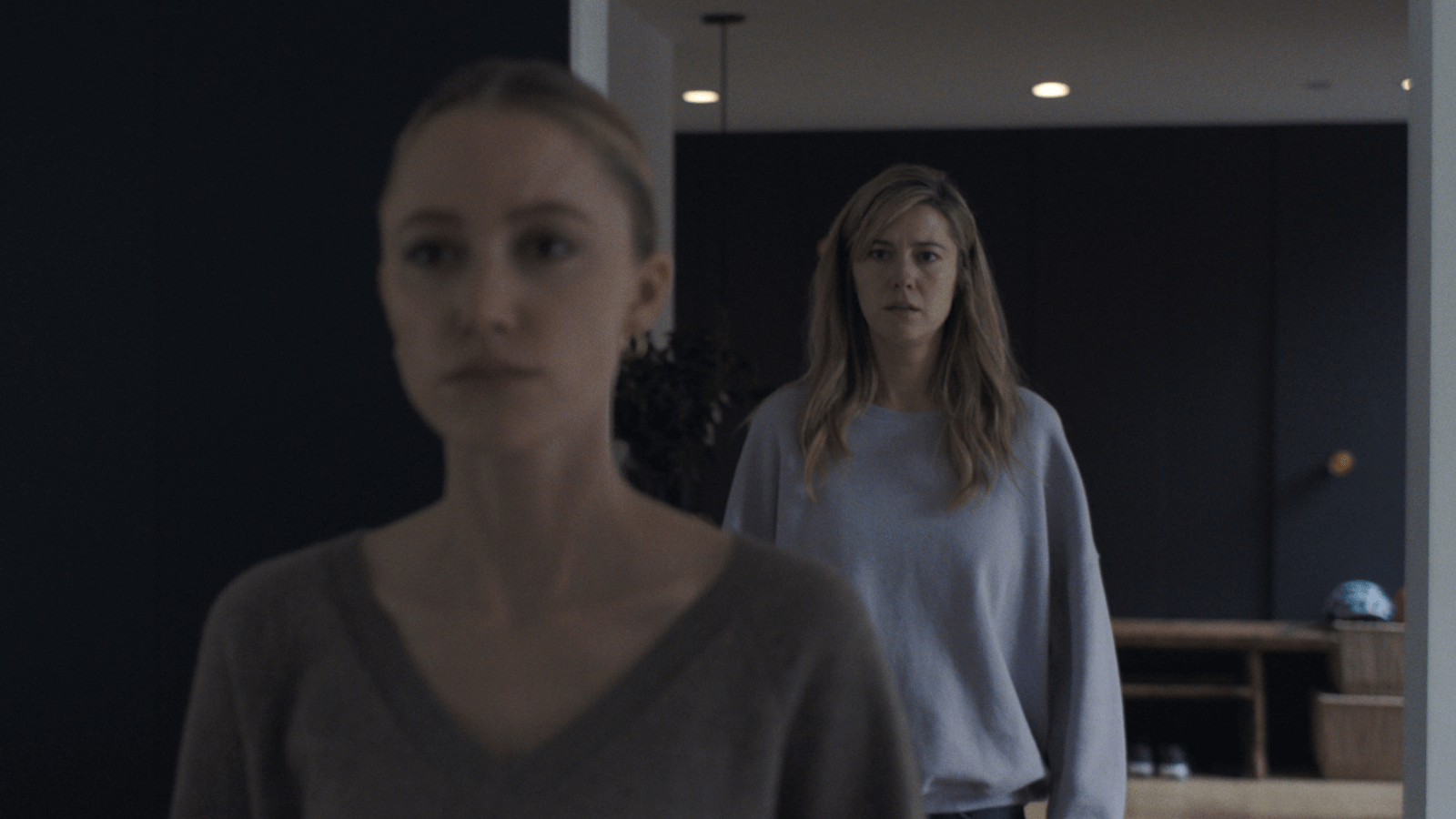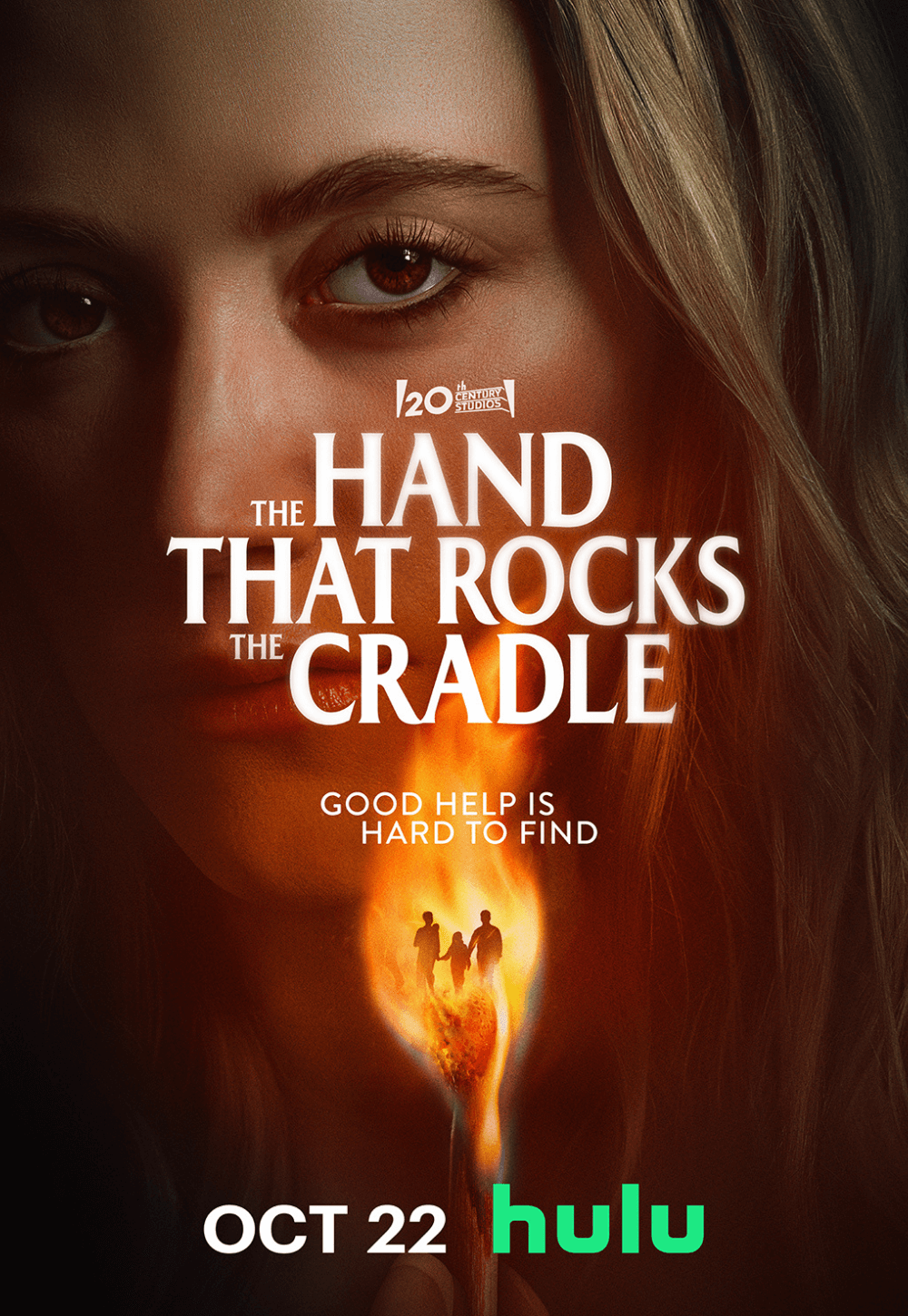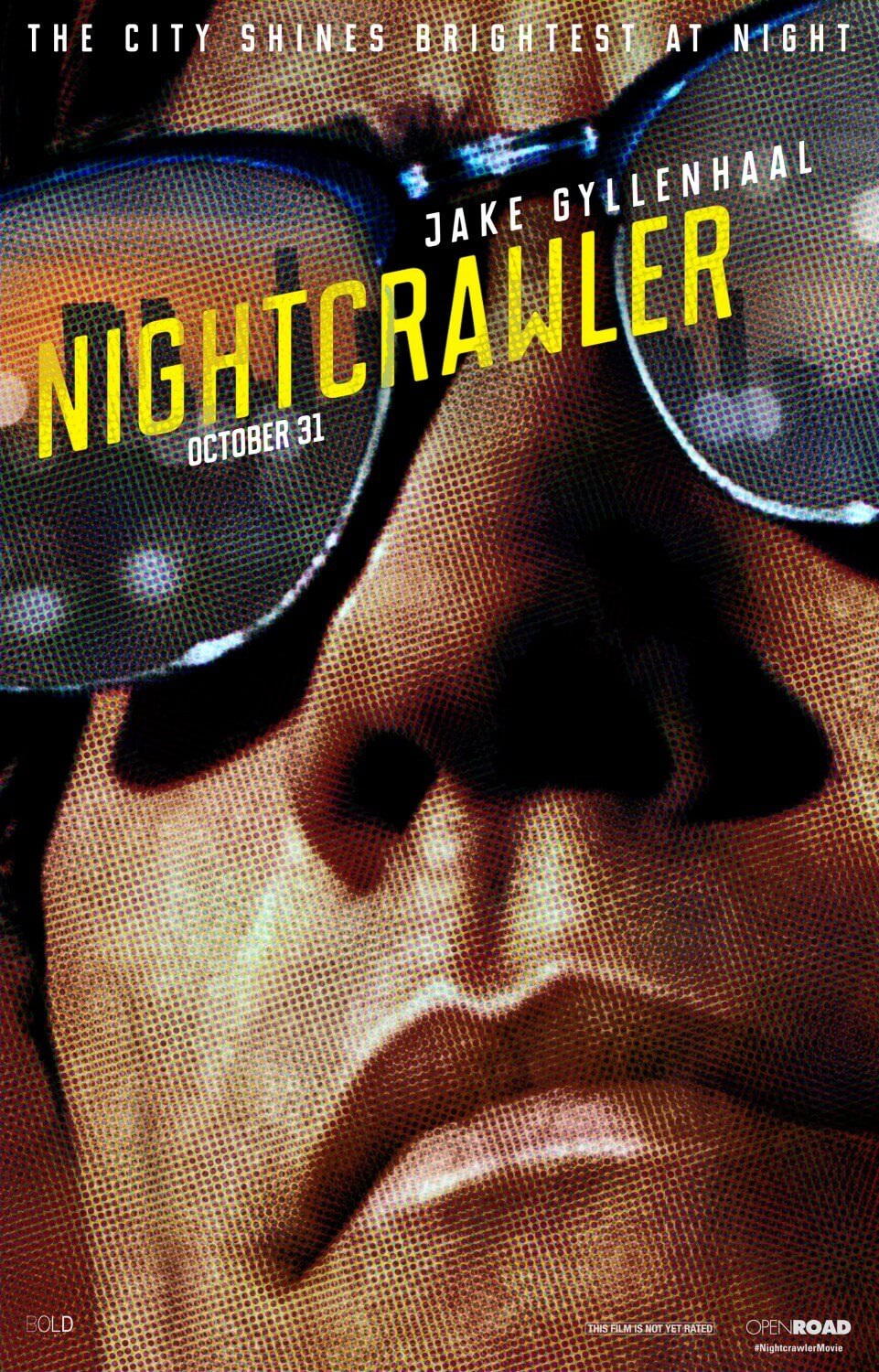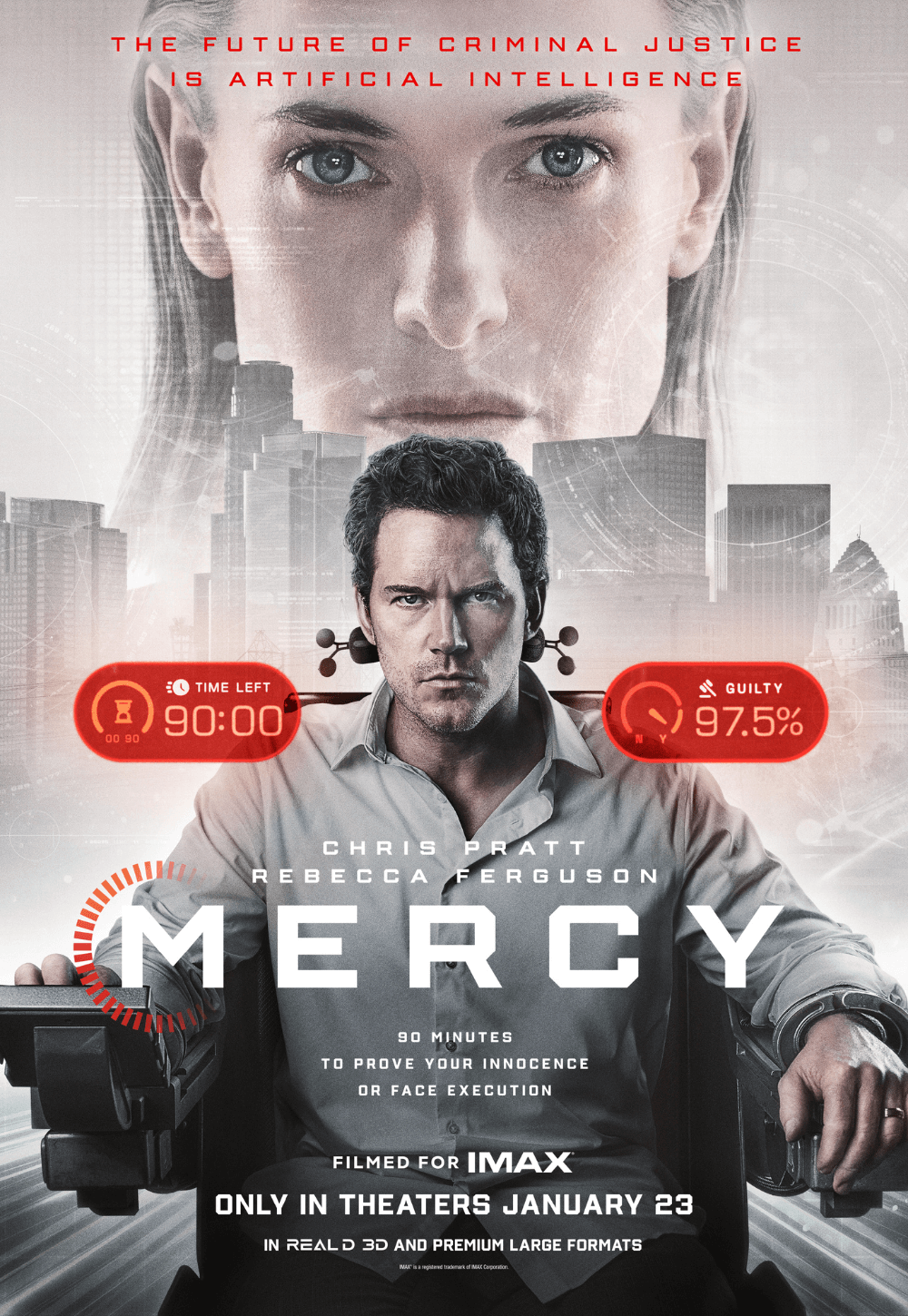
The Hand That Rocks the Cradle
By Brian Eggert |
The Hand That Rocks the Cradle is 20th Century Studios’ direct-to-streaming remake of Curtis Hanson’s original—a movie that, besides establishing an iconic vengeful nanny villain played by Rebecca De Mornay, became a massive hit that saturated the zeitgeist and earned nearly $150 million on a $12 million budget in 1992. Today, the movie warrants a rewatch out of nostalgia for this breed of ‘90s yuppie thriller, right alongside Single White Female (1992) and The Crush (1993). The new version attempts to recapture that magic in a modern setting and updated domestic sensibilities, eschewing the trashy fun and low-key embarrassment of the original (see Ernie Hudson’s character) for a rather dull and flavorless update. Despite a promising cast and source material, this forgettable remake feels fated to disappear into the Hulu/Disney+ servers shortly after its debut.
Mary Elizabeth Winstead plays Caitlin, who resolves to hire a nanny so she can focus on self-care. She’s drawn to Polly (Maika Monroe) for reasons that seem like a minimum requirement: “She’s an actual person,” Caitlin tells her personality-less husband, Miguel (Raúl Castillo). After checking one reference, Caitlin hires Polly and situates her in the guest house. It’s unclear what this couple does that they can afford such a lavish home. These are unbelievable movie people who never seem to work or talk about their careers. Anyway, the trouble begins when Polly inserts herself into the family, such as feeding their newborn formula and giving the children sugary foods, despite agreeing to Caitlin’s dietary restrictions. Polly’s attempt to gaslight Caitlin about these violations—plus some sabotaged pasta—raises the tension. Likewise, her purchase of fireworks for the little girl should have been grounds for dismissal.
The original doubled as a twisted revenge story, with its early scenes establishing De Mornay’s plan to avenge her doctor husband—who sexually molested his patients, got caught, then committed suicide—by tormenting one of his victims. Micah Bloomberg’s script for the remake builds up to Polly’s motivation and only teases the reason with an early image of a house fire set by a young girl. For much of the movie, Polly’s loaded remarks about Caitlin (“She’s pretending to be someone else.”) play on her sexuality, suggesting that Polly is looking to expose Caitlin’s queer desire, and perhaps also brainwash their older daughter Emma (Mileiah Vega) into becoming a lesbian—a fake-out subplot that, much like many a ‘90s thriller, demonizes the queer character. But her actual rationale, revealed later, once again involves sexual abuse and revenge.
Directed by Michelle Garza Cervera, helmer of 2022’s Huesera: The Bone Woman, the movie looks competent enough with some striking shots by cinematographer Jo Willems (The Long Walk). One finds Caitlin in the bathroom, her eyes reflected in different makeup mirrors to create an off-kilter effect. Otherwise, only an overlapping blur effect distinguishes the movie visually, offering a banal metaphor for the story’s mixed-up identities. Where Cervera delivers on the salacious thrills is a subplot involving Caitlin’s friend Stewart (Martin Starr), who investigates Polly by stealing her trash, which allows him to perform a DNA test with her used tampon to creepy effect. Suffice to say, it doesn’t end well for Stewart.
Besides this episode, The Hand That Rocks the Cradle takes itself too seriously to be escapist fun. Its themes of trauma and abuse register as forced, adhering to the current Hollywood obsession with trauma. This is not to suggest that trauma isn’t a viable subject for the movies; rather, its recent buzziness often leads to overwrought or unnatural dialogue, preventing characters from feeling real. The whole thing feels manufactured and never comes alive in the manner of the original, which, for all its flaws, manages to be an effective and charmingly corny thriller to this day. The remake reduces the material to a lifeless repurposing of intellectual property, filler for a streamer.

Thank You for Supporting Independent Film Criticism
If the work on DFR has added something meaningful to your love of movies, please consider supporting it.
Here are a few ways to show your support: make a one-time donation, join DFR’s Patreon for access to exclusive writing, or show your support in other ways.
Your contribution helps keep this site running independently. However you choose to support the site, please know that it’s appreciated.
Thank you for reading, and for making this work possible.
Brian Eggert | Critic, Founder
Deep Focus Review







